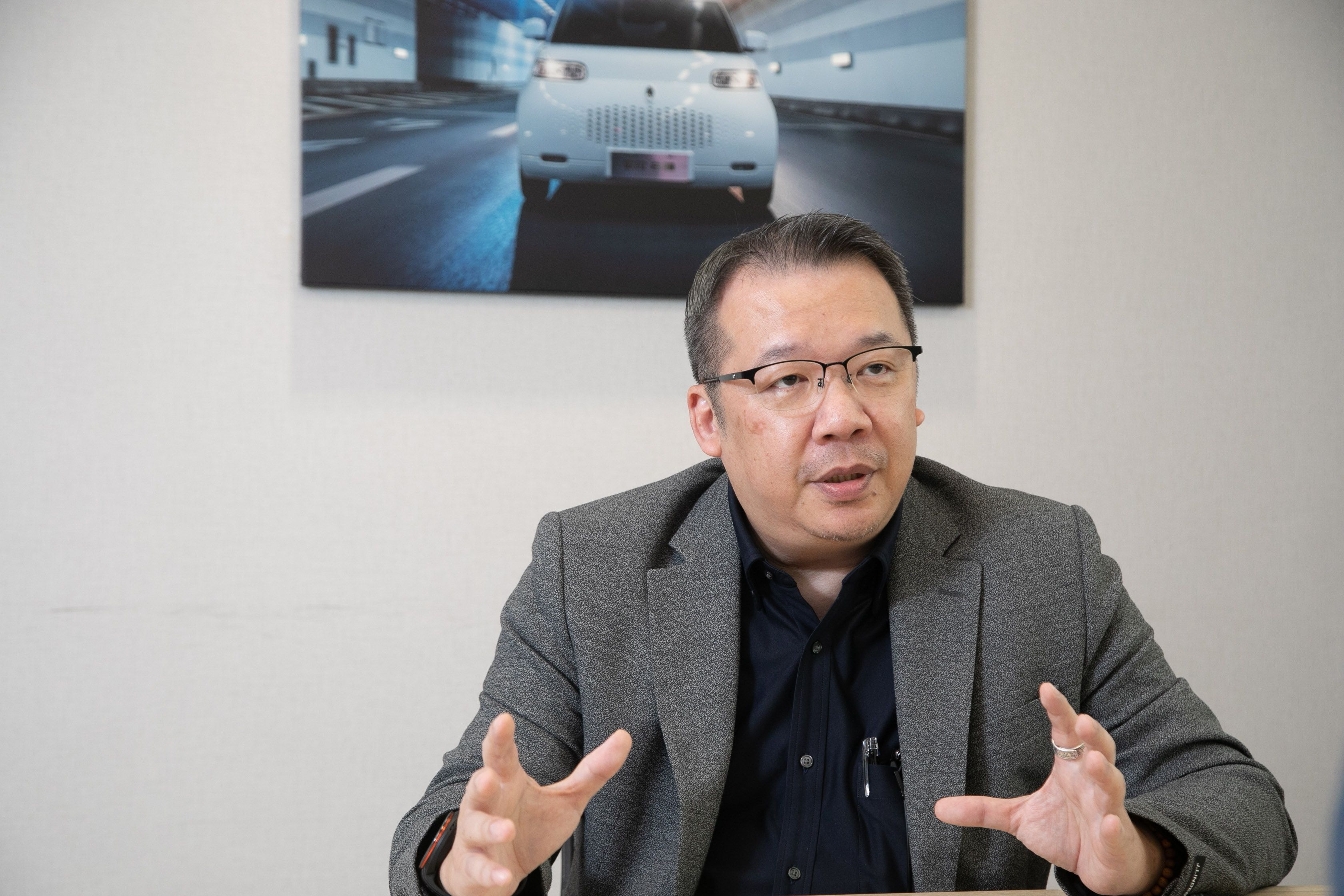Accumulating Strong Technical Capabilities through Deep OTA Involvement Carota Initiates Japan Expansion to Seize Transformation Opportunities
【Source/Digitimes】The wave of intelligence is sweeping the global automotive industry, with software-defined models gradually replacing traditional hardware-dominated modes. This transformation is driven by the "CASE" (Connected, Autonomous, Shared & Service, Electric) trends, which are revolutionizing the automotive landscape. Since its establishment in 2017, Carota has focused on whole-vehicle OTA, and with powerful and differentiated solutions, it has become a leader in OTA remote update technology within just seven years, currently servicing over 320 million devices. According to Hiroisa Nagayasu, General Manager of Carota, the company is extending its market to Japan to expand its business footprint. By leveraging its advantages in automotive intelligence software, Carota aims to meet the transformation needs of Japanese car manufacturers and the logistics industry, becoming an important partner in Japan's automotive and logistics sectors.

With powerful and differentiated solutions, Carota has become a leader in OTA remote update technology within just seven years. To further expand its business footprint, the company has started to venture into the Japanese market, aiming to leverage its strengths in automotive intelligent software to become an important partner in the country's automotive and logistics industries.
The automotive industry is undergoing significant changes for the first time in a century, with software playing an increasingly important role, and OTA becoming a key function of in-vehicle systems. Through OTA's wireless transmission technology, car manufacturers can promptly push various safety and functional updates, quickly fix cybersecurity vulnerabilities, continuously optimize vehicle performance and features, and effectively reduce recall and repair costs through remote diagnostics. Car owners can also use OTA to personalize settings according to their preferences.
Hiroisa Nagayasu stated that Carota has long invested in the OTA field and has developed multiple proprietary technologies. One of these enables quick and stable remote software and firmware updates for a large number of ECUs (Electronic Control Units) in vehicles simultaneously. Another key technology is differential compression, which has two main features: it compresses update file sizes to less than 1% of the original size and supports breakpoint resume, allowing the system to continue downloading from where it left off in the event of a network interruption. With the differential compression technology, Carota's OTA service can significantly shorten software update times, improve download success rates, and greatly reduce storage costs and communication fees for in-vehicle systems.
With its strong technical advantages, Carota has successfully established itself in the Asia-Pacific region, with 4 million vehicles now equipped with its OTA solutions. The company plans to further extend its product reach to major global markets, including Japan. Hiroisa Nagayasu noted that the Japanese automotive market is undergoing a significant transformation. Japanese car manufacturers, who have long focused on hardware and exterior technologies like engines and transmission systems, are now realizing that as automotive functions shift toward electrification and digital/intelligent directions, SDVs and software services are becoming new industry focal points. Solely relying on hardware advantages is no longer sufficient to cope with future market competition; a shift in thinking and a focus on software-driven intelligent services is urgently needed.
In addition to car manufacturers, the logistics industry, which relies heavily on in-vehicle systems, is also facing changes. The Japanese government is set to implement new regulations on working hours for logistics companies, causing the so-called "2024 Logistics Problem." The new regulations strictly limit overtime for logistics drivers, making it impossible for companies to require or for employees to voluntarily work large amounts of overtime to complete transportation tasks. Japanese media predict that by 2025, up to 28% of cargo will not be delivered on time, necessitating an increase in vehicles and personnel to address the shortfall caused by working hour restrictions, which will significantly raise overall operating costs for logistics companies.

Hiroisa Nagayasu, General Manager of Carota, pointed out that the company has been deeply involved in the OTA field for many years. The unique technologies they have developed can assist Japanese automotive and logistics manufacturers in driving intelligent transformation.
Hiroisa Nagayasu pointed out that while facing new regulatory restrictions, the Japanese logistics industry is also eager to resolve low transportation efficiency issues. He used the common convenience store rice ball as an example: a single flavor of rice ball requires transportation by 20 trucks from raw material procurement to final delivery to consumers, resulting in extremely low transport efficiency due to the highly fragmented supply chain. Japanese media survey data shows that the average vehicle load rate in the Japanese logistics industry is only about 40%, with 60% being empty runs, necessitating innovative operating models and technical optimization of distribution processes.
Carota's OTA technology and another fleet management system service can effectively help Japanese car manufacturers and logistics companies address these challenges. For car manufacturers, Carota's OTA solution provides quick and stable remote software/firmware updates for up to hundreds of ECUs in the in-vehicle system simultaneously. For logistics companies, Carota's fleet management system can optimize vehicle dispatch routes, improve vehicle load rates, reduce empty runs, and use big data combined with advanced intelligent AI calculations to further effectively prevent potential traffic accidents caused by human error or road conditions.
Carota has already established an office in Japan, hiring professionals familiar with the local automotive industry to optimize communication efficiency with car manufacturers and the supply chain while building mutual trust. Additionally, the company is actively seeking local software technology partners to provide customized and localized software services, meeting diverse customer needs and expanding business opportunities.
Hiroisa Nagayasu emphasized that in addition to its technical capabilities and differentiated solutions, Carota's identity as a Taiwanese company is another advantage in developing the Japanese market. He noted that the technology and services of Taiwanese companies have established a global reputation, and the good interactions between Taiwan and Japan also benefit Carota's market expansion plans. Carota will accelerate its efforts to become an important partner in the transformation of Japan's and subsequently the global automotive industry.
【Official Website】https://www.carota.ai/.https://fleet.carota.ai/
【Follow Us】
@Facebook│https://carota.pse.is/sns-facebook
@LinkedIn│https://carota.pse.is/sns-linkedin
@YouTube│https://carota.pse.is/sns-youtube
